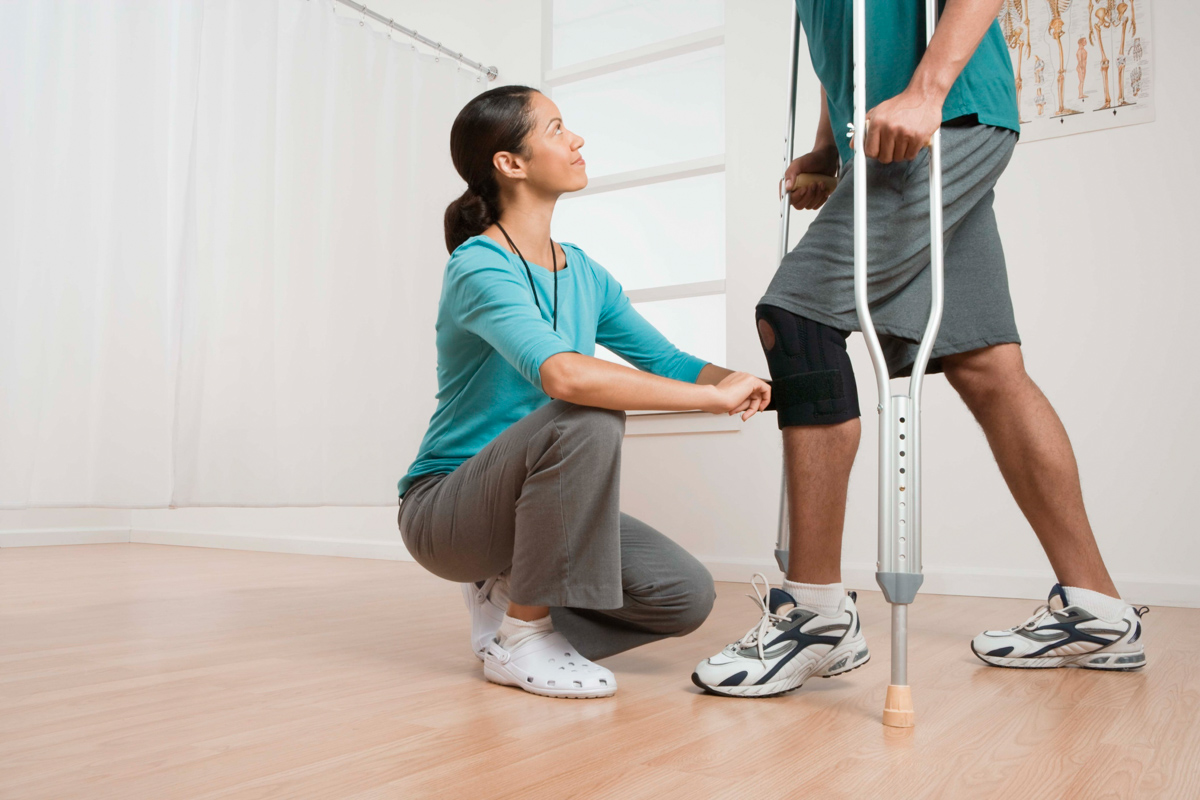The Effect of Athletic Rehabilitation on Accelerating Injury Healing and Enhancing Athletic Output
Wiki Article
Athletic recovery plays a vital role in assisting athletes heal from traumas and improve their total capability. When athletes get injured, it can be disheartening and discouraging. However, with the right recovery program, they can come back to their activity more robust and better equipped than before. Athletic recovery focuses on targeted exercises and treatments that address the injured area, aiding to reduce pain and regain function. This procedure not only assists in recovery but also boosts athletic performance by addressing any deficiencies or discrepancies that may have led to the injury.
One of the key elements of sports rehabilitation is the assessment of the trauma. A qualified expert, such as a physiotherapy specialist or athletic coach, evaluates the athlete's condition to determine the best path of treatment. This evaluation includes comprehending the kind of trauma, its extent, and how it impacts the sportsperson's capability to compete. By collecting this data, the rehabilitation specialist can create a personalized treatment plan that includes exercises, flexibility routines, and methods like cold or warmth treatment. This individualized approach ensures that the sportsperson receives the best treatment for their specific needs.
As sportspeople progress through their rehabilitation, they often engage in various workouts designed to strengthen the injured area. These workouts may include strength exercises, stretching work, view it now and balance training. Strengthening the muscles around the injury helps to stabilize the joint and avoid subsequent injuries. Additionally, improving range of motion can enhance the range of movement, allowing sportspeople to execute more effectively in their sport. Balance training is also crucial, as it helps athletes maintain stability and coordination, which are vital for optimal capability.

Another important element of sports rehabilitation is education. Athletes gain knowledge about their traumas, the healing procedure, and how to avoid future issues. This understanding enables them to take an proactive role in their recovery. Understanding the importance of appropriate warm-up and recovery routines, as well as the significance of listening to their bodies, can help athletes prevent re-injury. Furthermore, recovery specialists often offer advice on nutrition and hydration, which are crucial for healing and overall athletic capability.
In summary, sports rehabilitation is crucial for sportspeople recovering from injuries and striving to enhance their capability. Through customized assessment and care strategies, athletes can regain power, flexibility, and balance. The learning provided during recovery enables athletes to take charge of their rehabilitation and prevent future traumas. By investing time and resources into athletic rehabilitation, athletes not only recover but also improve their skills, making them better prepared in their respective activities.